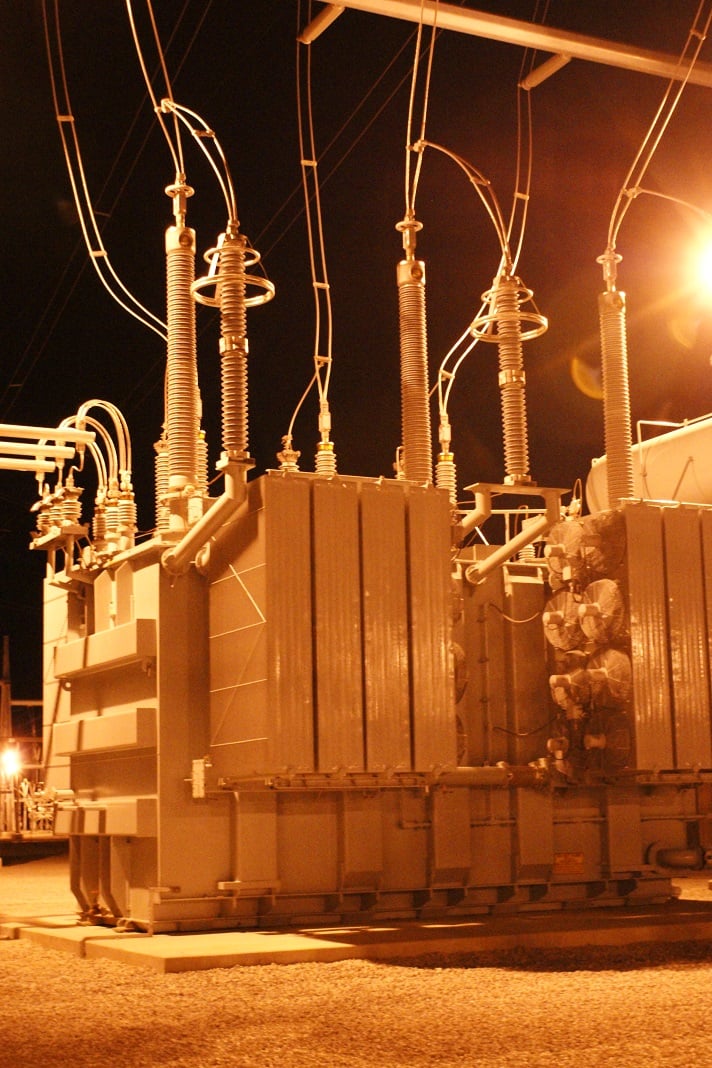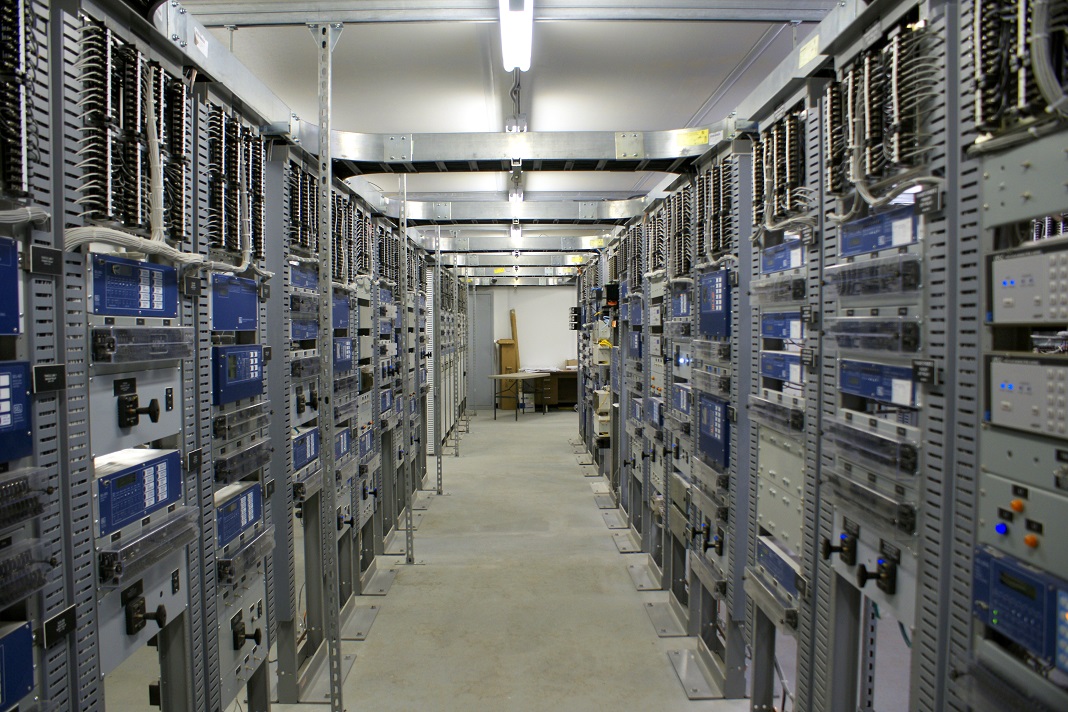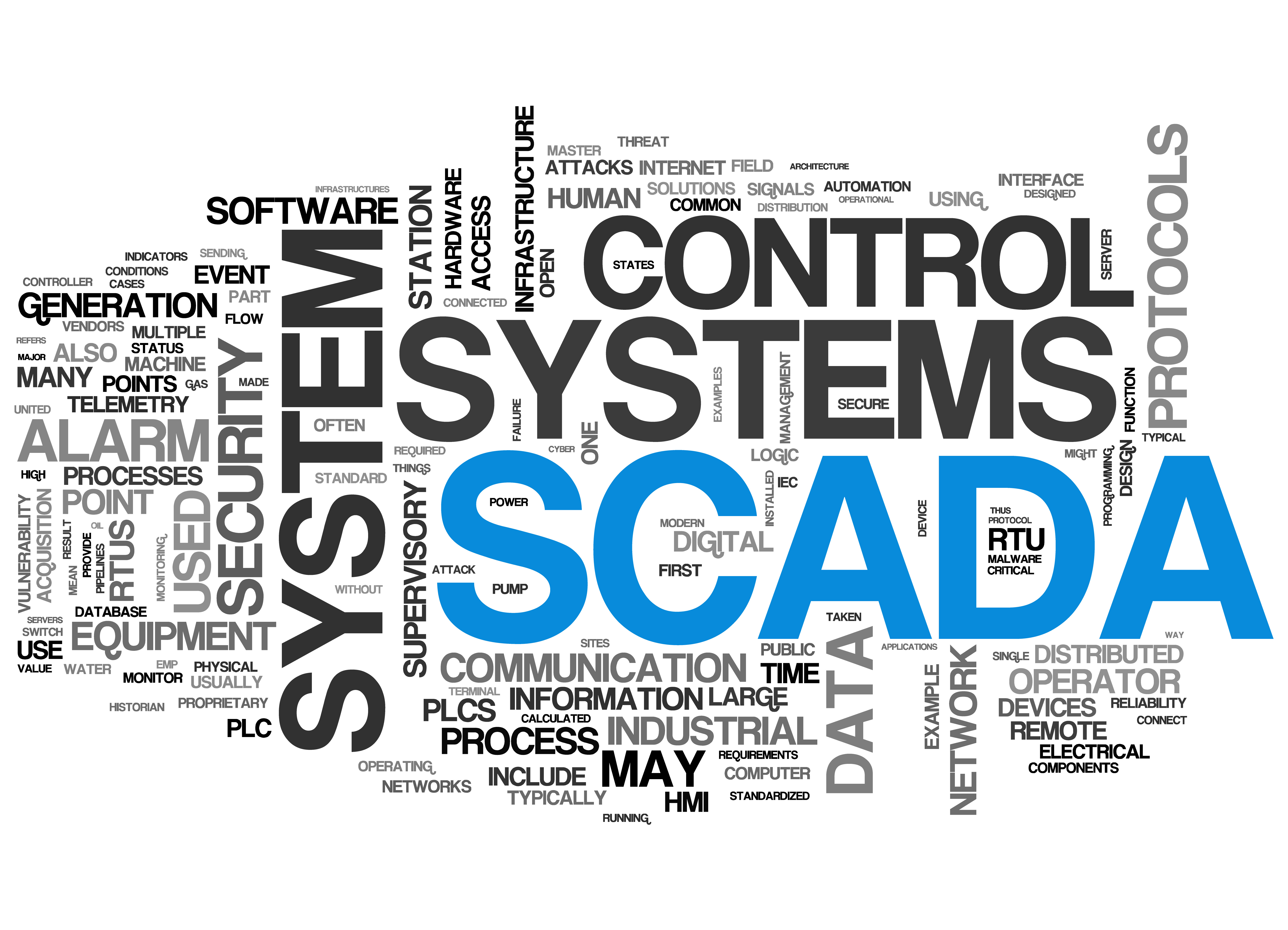Equipment Testing
Electrical acceptance testing of all types of equipment from circuit breakers to transformers, EHV to distribution.
Electrical acceptance testing of all types of equipment from circuit breakers to transformers, EHV to distribution.
Setup and testing of power line carrier equipment from RFL and Pulsar including wave traps and tuners.
Testing of all relay types with customer settings. Â Extensive experience with SEL, Multilin, ABB and electro-mechanical.
Complete commissioning and startup including system functionals and end-to-end relay tests with GPS.
After the engineering, construction, and startup/commissioning are complete, maintenance is crucial.
Supervisory control and data acquisition is an essential component of the modern substation.

Acceptance Tests
Electrical acceptance testing refers to the initial field testing of newly installed equipment. This testing helps ensure the equipment is ready for initial energization. In addition, these tests verify that the equipment is as specified by the contract documents and establishes baseline data for future maintenance testing.
AtlasPower specializes in electrical acceptance testing of substations and power producing facilities dealing with extra-high to medium voltage applications. A few examples would be ratio and power factor testing for power transformers, CCVT’s and switchyard CT’s; protective relay and meter calibration; over potential tests of medium voltage vacuum breakers; and functional checks.
As an independent third party, tests performed by Atlas offer objective analysis and an added level of assurance and quality to electrical power systems.
Acceptance Tests
Protective relays of today perform numerous functions and can be quite complex. The individuals responsible for proving the proper operation of these relays require a thorough understanding of the systems in which these relays will be operating.
Protection engineers rely on the relay testing engineer in the field to identify issues with the implemented logic, wiring and functionality of the relays. These issues require a systematic approach.
AtlasPower takes this approach and has the necessary knowledge to apply it.


Power Line Carrier (PLC) is a method of power systems communication whereby a frequency generally in the kilohertz range is superimposed on to the normal 50/60 Hz transmission lines via coupling capacitors. It has become one of the most economical and reliable forms of communication for the purpose of transmission line protection. Protective relays communicate via PLC equipment to accelerate tripping for internal line faults while blocking tripping for external faults.
AtlasPower has several years experience with the implementation of protection schemes utilizing PLC methods. We are well versed in every component involved that includes wave traps, capacitive coupled voltage transformers, line tuners, coax cables, hybrids, amplifiers and receiver/transmitter units. We provide onsite local setup and checkout, end-to-end testing to confirm proper coordination as well as final in service adjustments and readings.
After initial electrical acceptance testing is complete, the startup phase of a project begins. Startup refers to the process of subjecting equipment to electricity for the first time. This is normally the point that project schedules become obsolete. Inevitably, problems arise in the electrical, mechanical and instrumentation portions of the project. While most industrial construction sites have experienced mechanics, electricians and instrument technicians, most lack personnel experienced in troubleshooting problems related to medium and high voltage protection and control schemes.
AtlasPower offers unsurpassed startup personnel trained and experienced in electrical startup. Utilizing Atlas to perform the acceptance testing and then taking advantage of their familiarity with the project to assist in startup will complement and enhance the proficiency of any startup team.
The completion of startup normally marks the beginning of commissioning. Commissioning is the process of combining all of the various pieces of a project together to achieve an end product. As with startup, it is logical to utilize trained personnel thoroughly familiar with the entire project to perform commissioning.


After the engineering, construction, and startup/commissioning are complete, maintenance is crucial. Todays electrical equipment is designed to maximize mean-time-between-failure. One way this is accomplished is by using solid-state components to replace older style electro-mechanical moving parts when possible. While these solid-state devices are far more reliable, they require periodic testing and maintenance in order to optimize performance and maximize life span. Once initial acceptance testing is performed, a baseline of expected results for future maintenance tests is established. These tests are critical to predicting impending failures, as a planned outage is far less costly than an unexpected one.
A substantial market exists for the development of continued maintenance programs, in which the client benefits from a database of the facilities electrical apparatus generated from acceptance test data, and which is updated at all scheduled maintenance intervals. Atlas has the capability to develop and implement electrical maintenance programs unique to an operating plant condition.
Upgrading existing systems, installing new systems and keeping these devices up to date is critical to an efficient communication system.

© [2020] · Atlaspowerinc.com